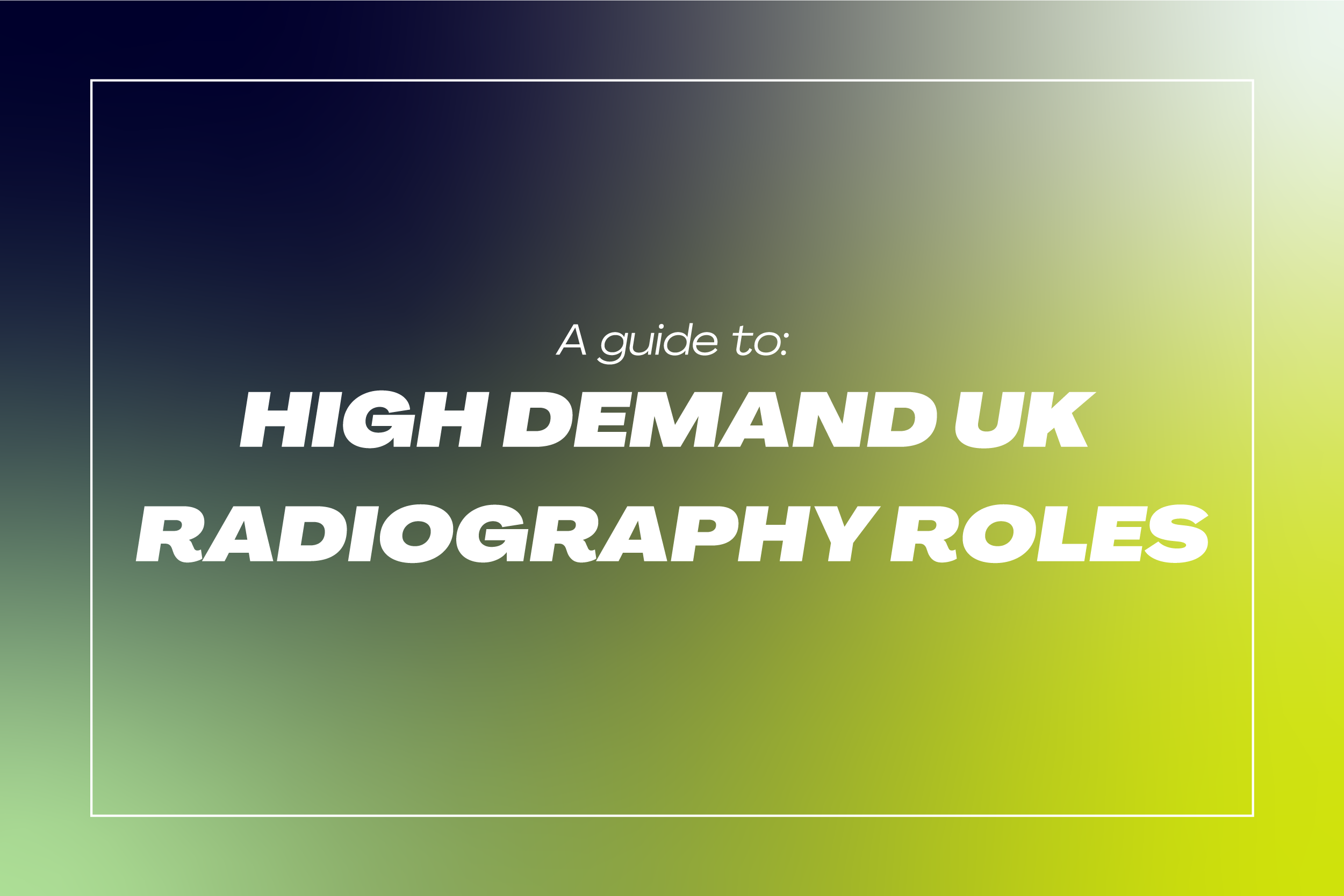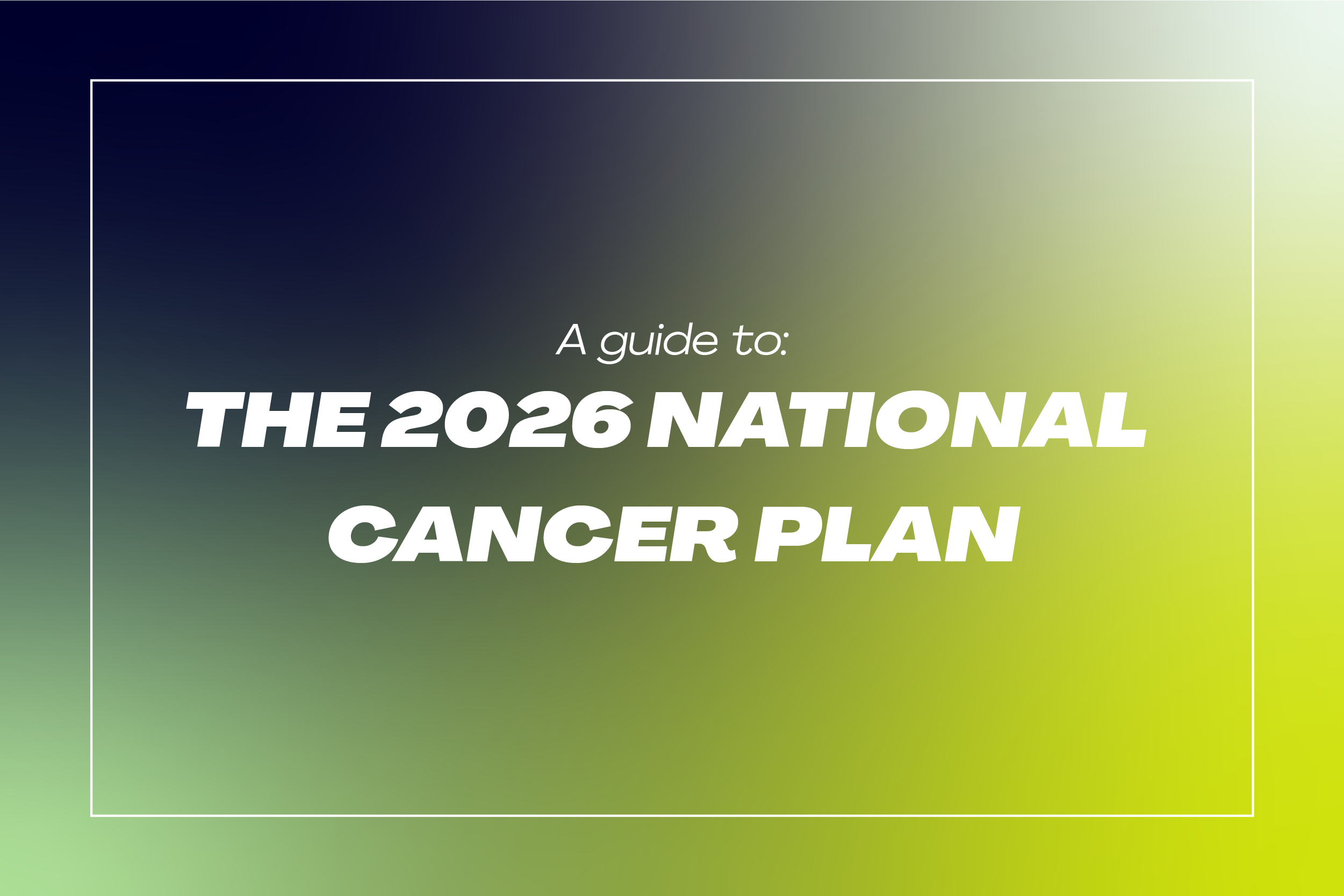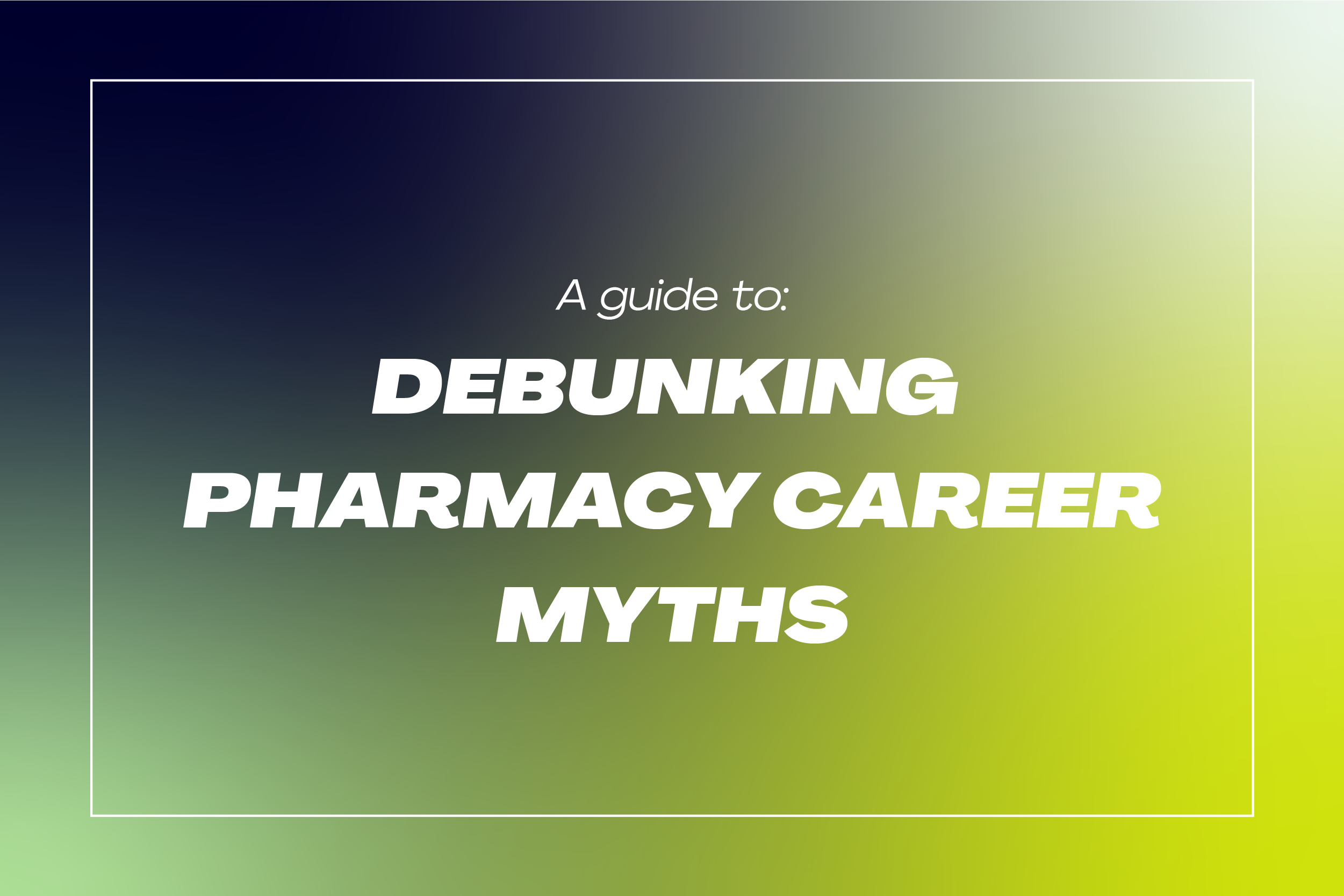Mental health. We’ve all heard of two words before, either through a friend, family member, or partner or through an awareness campaign. But when it comes to discussing mental health recovery treatments, most of us seem to not talk about it.
Not because you don’t want to, but how can you talk about something you do little know?
Today, we’re starting the conversation on mental health recovery, and that’s because it’s Time to Talk Day. A UK celebration encouraging everyone to open up and talk about mental health: the stigma around it, break down stereotypes and empower recovery.
With one in four people affected with poor mental health each year in the UK, and one in six reports experiencing a common mental health problem (depression, anxiety, stress) in any given week in England, Your World is here to raise awareness and empower recovery through (drumroll please)… Talking Therapies.
What are Talking Therapies?
Talking Therapies is a platform for various mental health and emotional wellbeing treatments. Mental health refers to the ability to process information, while emotional health is your ability to express emotions on the information you have been given.
People who struggle with mental or emotional health are often referred to as a relevant Talking Therapist. In the UK, if you’re assigned to a Talking therapist, you’re most likely suffering from a common mental health disorder.
According to the 2014 Survey of Mental Health and Wellbeing, the most common mental health issues in England are:
- Depression
- Anxiety
- Mixed anxiety and depression
- OCD (Obsessive Compulsive Disorder)
- PTSD (Post Traumatic Stress Disorder)
- Phobias
Talking Therapy is also used for severe mental health conditions, such as schizophrenia or bipolar disorder.
How can Talking Therapy help me?
First, recovery is empowering. Second, Talking Therapy can help you recover from the lack of mental or emotional well-being you’re currently experiencing. There’s nothing to be ashamed of when all you’re doing is improving yourself.
It can be tricky to figure out what Talking Therapy complements your mental and emotional well-being best, especially when you aren’t aware of what therapy treatments are out there. To help, here’s a guide to all Talking Therapies available.
Cognitive Behavioural Therapy (CBT):
CBT helps you change the way you think and behave toward the information you’ve been given by learning to manage and alter your initial reactions. This type of therapy is beneficial if you’re struggling with day-to-day activities.
Guided Self-Help:
Guided self-help is advised if you’re suffering from mild to moderate depression, anxiety or panic disorder. It’s based on CBT principles, which you’ll learn about through a CBT workbook or an online course. Don’t worry; a therapist will support you every step of the way.
Counselling:
If you want to understand the causes behind your mental health and are struggling to cope with a long-term condition or feeling, counselling is the proper treatment for you.
Behavioural Activation:
Behavioural Activation is all about tackling problems that affect your mood. Step by step, the therapist will help you take small steps to start enjoying life again.
Interpersonal Therapy (IPT):
IPT is all about helping people with depression identify and address the problems in their relationships with family, partners and friends. The idea is that surrounding yourself with poor relationships will leave you feeling low and potentially affect other relationships.
Psychology:
Psychologists help you overcome past barriers to reaching specific goals and teach you how to manage stressful situations.
Eye Movement Desensitisation and Reprocessing (EMDR):
EMDR is a therapy developed to help people who have PTSD. People who have PTSD usually experience intrusive thoughts, flashbacks, memories or nightmares from past events.
It helps your brain reprocess memories of past events and teaches you to let them go.
Mindfulness-Based Cognitive Therapy (MBCT):
For anyone who feels they can’t control their thoughts and feelings as they happen moment by moment, try MBCT. This therapy combines mindfulness techniques such as meditation and breathing exercises with cognitive therapy.
Psychological Wellbeing Practitioner:
Psychological Wellbeing Practitioners are known for supporting individuals who mainly suffer from depression and anxiety through self-management. They’ll teach you skills and techniques proven to help overcome stress, anxiety and depression.
By the way:
Recovery is empowering. More importantly, you are not alone.










